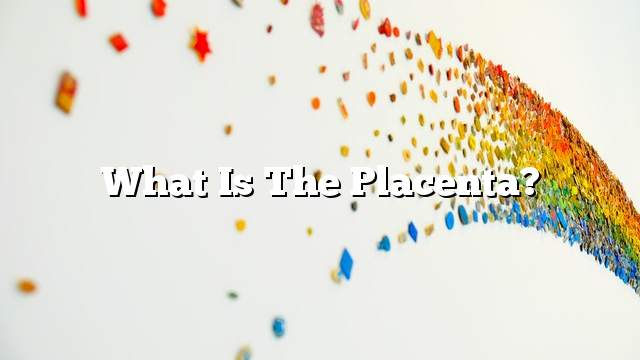Placental detachment
The concept of placental detachment refers to the separation of the placenta from the lining of the uterus, which usually occurs in the third trimester, but occurs at any time after the 20th week of pregnancy. Only 1% of women experience early placental dislocation. Dealing with different species of placental separation.
What happens when the placenta is separated
The placenta is the most important part of the fetus’s life system, through which it gets oxygen and nutrients. When the placenta is separated from the lining of the uterus before labor, oxygen and food can be cut off from the baby. Through some methods and appropriate treatment applications conduct diagnosis during pregnancy stage through:
- Ultrasound.
- Assess the symptoms of pain that a pregnant woman feels, such as bleeding.
- Blood analysis.
- Monitor the pulse and fetal movement.
Symptoms of placental detachment
- Vaginal bleeding, often accompanied by not always placental detachment bleeding in the vagina, but 20% of the cases of separation does not cause any bleeding.
- Quick contractions in the uterus.
- Abdominal pain.
- Changes in fetal heart rate.
- Note: If there is any bleeding in the third trimester, you should consult your doctor immediately for the necessary diagnosis.
Treatment of placental detachment
Separation is often dependent on the degree of separation, the location of separation, and gestational age. There may be partial separation, or it may be a complete separation, called total, and the degree of placental detachment varies. This will necessarily affect the type of treatment recommended by the doctor. Partial separation for example can be treatment through bed rest, self-monitoring, and in some cases may be needed for blood transfusions and other emergency treatments.
In the case of total separation, birth is often the most successful solution to ensure mother and child life through cesarean delivery, especially if there is no possibility of placental resection.
Note: Any type of placental detachment can lead to premature birth of the mother, low child weight, and in some cases, 15% of the placenta ends with the death of the fetus.
Causes of placental detachment
- Cocaine abuse during pregnancy.
- Smoking.
- Eclampsia.
- Hypertension.
- Uterine malformations.
- Exposure to abdominal injury.
- Previous placental dislocation.
